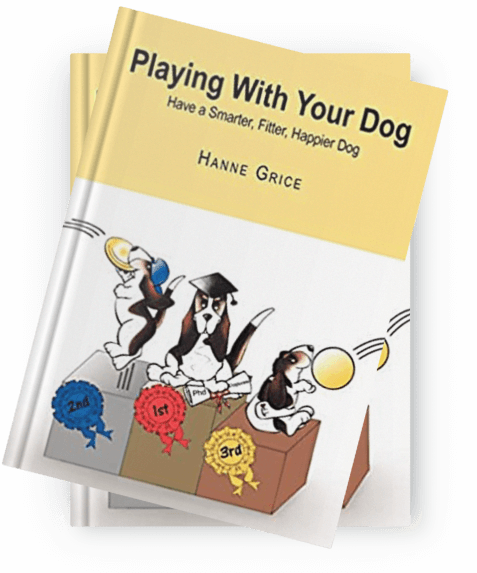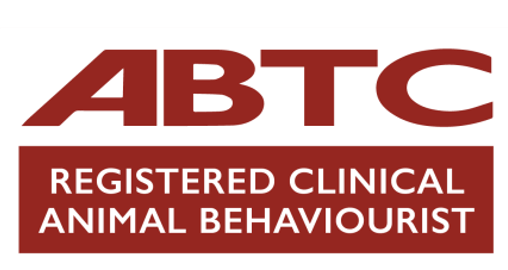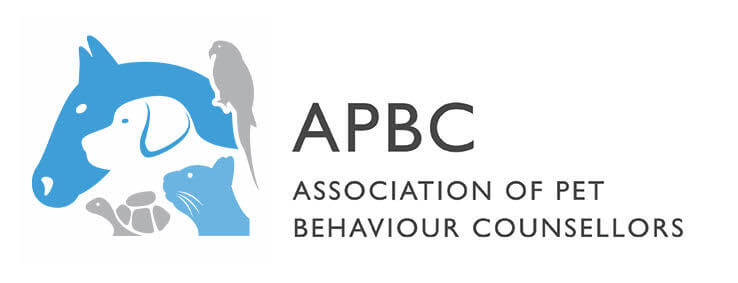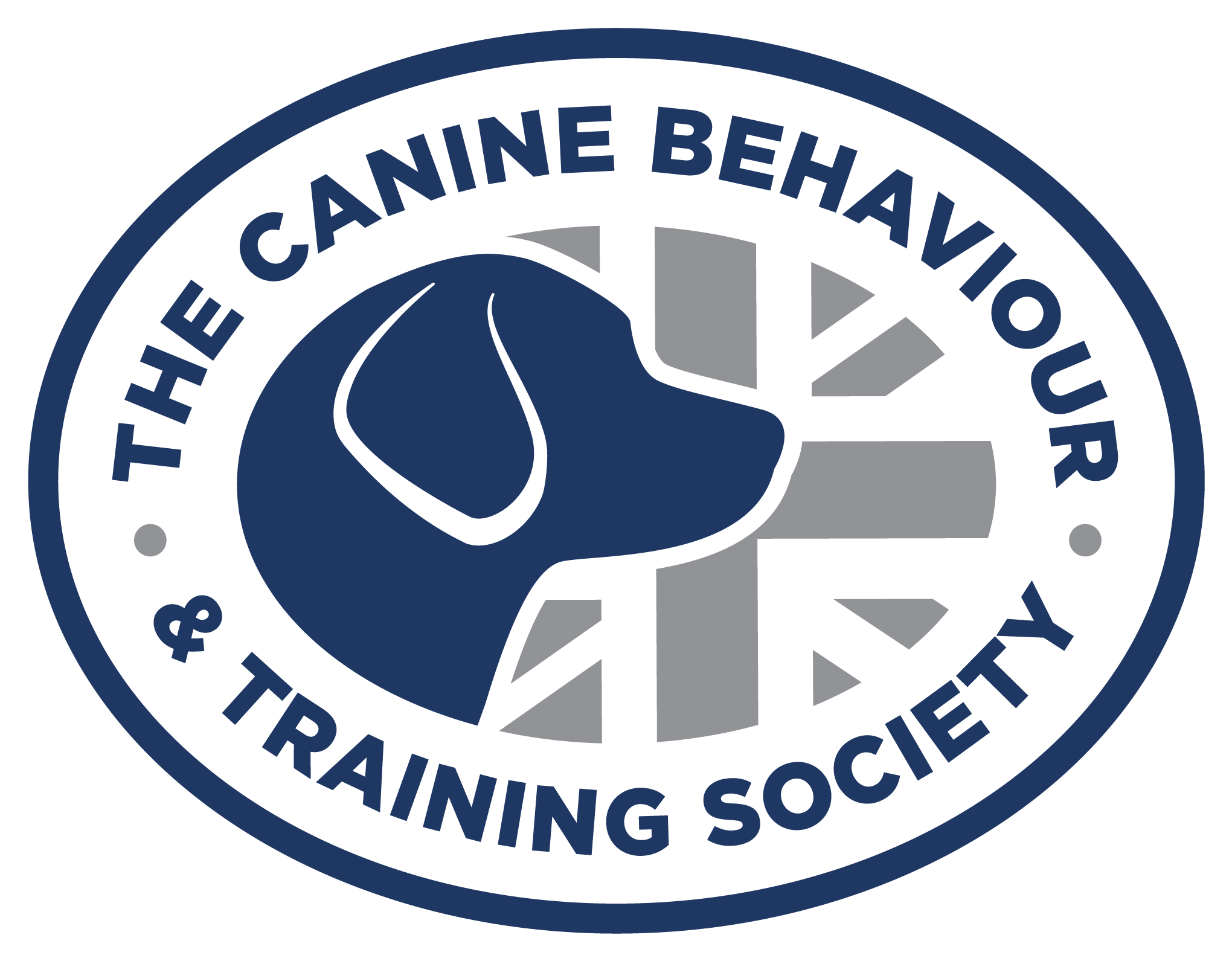Man and dog have been together for thousands of years, forging a relationship that most would consider is mutually beneficial. Hollywood created one of the most enduring images of Fido and the incredible bond we share with the incarnation of Lassie. He was a Collie with the heart of a lion and the navigational skills of a pigeon; you could always rely on Lassie to help you out, especially if you fell down a well!
There are many anecdotal stories of dogs helping their owners in true Lassie style, including one that recently featured in the press because of his parking skills. But scientists argue that this is not indicative of typical dog behaviour. Does that mean Fido can be selfish like us humans? According to science, the answer is “perhaps, yes”.
While there have been various studies over the years that have suggested dogs are not the loyal companions we think them to be, one recent experiment concluded that although dogs sometimes helped their owners, it was “mainly self-interest that was driving dogs’ behaviour”.
The study, conducted by the University of Portsmouth, involved 24 dogs and saw a notebook, that an owner had been using, be placed into an opaque container while the dog looked on and the owner left the room. When the owner returned they searched for the ‘hidden’ notebook. Meanwhile, the researchers had also placed in that room a dog’s toy into another container in a different corner of the room, and a stapler into another.
The idea of this experiment was that if the dog indicated where the notebook was, the dog was considered ‘helpful’. If the dog chose the toy, this was deemed ‘selfish’ but if the stapler was chosen the dog was regarded as neither helpful nor selfish.
So what happened?
The scientists found that when the owners returned and searched for the notebook, their dogs indicated the toy more often than the missing notebook or the stapler. Patrizia Piotto, who led the research, said: “We assessed whether dogs would abandon an object that they find interesting in favour of an object for their human partner, a random novel distracter, or an empty container…the results showed it was mainly self-interest that was driving the dogs’ behaviour.”
However, when the researchers repeated the experiment without the toy and with a different group of dogs, they found that the dogs looked at where the notebook was hidden for half a second longer than the stapler. Does that mean the second group of dogs were less selfish than the first group? No, in fact the researchers found that the second group only looked towards the area where the notebook was hidden when they spoke in a high-pitched voice to the dogs. It could be argued that both groups of dogs simply didn’t understand the task. After all, dogs can be a great help around the house and be trained to retrieve slippers, or play an important role in specialist work such as scent detection for missing persons.
Although this was a small sample, the study supported previous research. In 2006, researchers Krista Macpherson and William Roberts from the University of Western Ontario arranged for twelve dog owners to pretend to have a heart attack while walking their dogs through an open field. If the dogs were ‘helpful’, surely they would intervene, seeking help from others nearby? While, many of the dogs nuzzled the owner for a few minutes, none of them sought help from a nearby person. This experiment was repeated with the owner being in more ‘obvious’ danger (mocking up a fallen bookcase on top of the owner) but the researchers had the same outcome, with dogs lacking those hero traits immortalised by Lassie.
Clive Wynne, a professor at Arizona State University, believes the University of Portsmouth study shows dogs have no interest in an object that humans are interested in, citing “dogs only like objects that dogs like”.
Perhaps this could explain why that when I lose my glasses, I have very little joy in getting my dogs’ assistance in finding them, maybe if they were bone shaped it would be a different story?
Footnote:
In 2016, when this article was originally written, it was the 30th anniversary of Richard Dawkins’ book ‘The Selfish Gene’. A must-read for budding behaviourists, it looks at honest and selfish genes. Dawkins proposition is that “the fundamental unit of selection and therefore of self-interest, is not the species, group, nor even the individual. It is the gene, the unit of heredity.” Dawkins discusses how the honest gene will eventually disappear in time, but the selfish gene will continue, because it comes down to reproduction and survival. See below for a simple animated explanation of Dawkins’ book.
Learn more about our classes
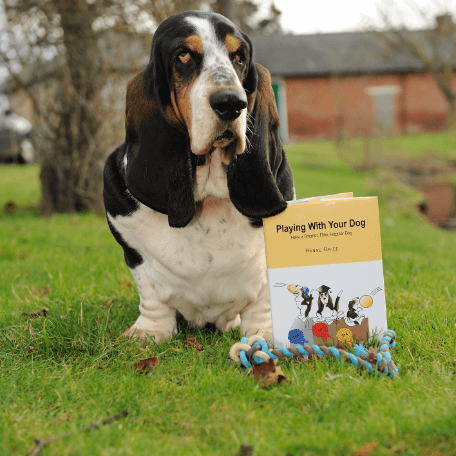
Get Hanne's Book
Playing With Your Dog will help any dog owner work out the games that are best suited for their pet to play throughout his life, from puppyhood to old age. The book also shares some tricks for all ages, group activities, and recommended toys that dogs will enjoy.
